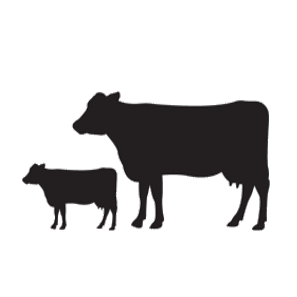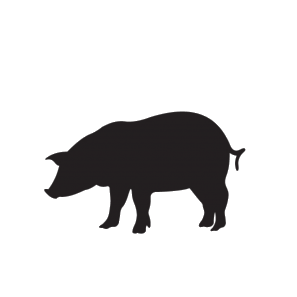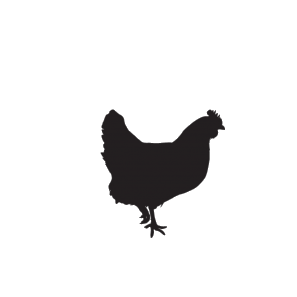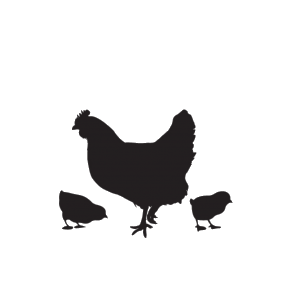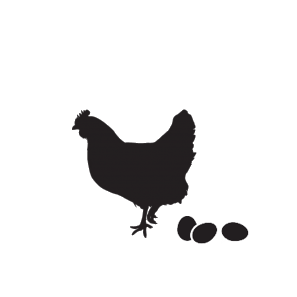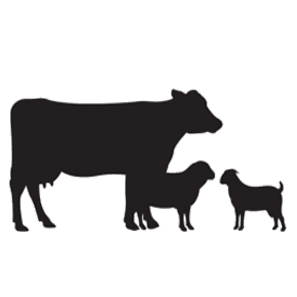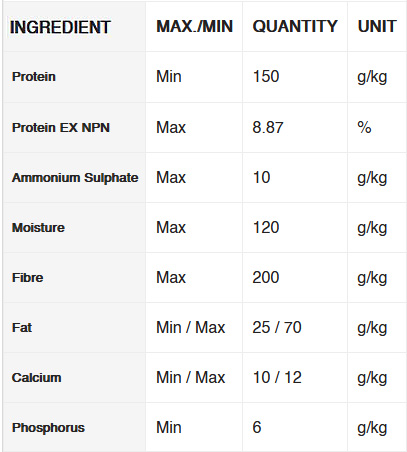The popularity of eggs has soared worldwide in the last few years — and with good reason! Eggs are a healthy and nutritionally complete food and there are very few religious restrictions on the consumption of eggs.
Closer to home, eggs are adding to the nutrition of malnourished children in developing regions, especially in Swaziland. The International Egg Foundation’s initiative to feed starving people has provided more than 2 million meals to people in developing regions! This project is helping to educate people and charities on the benefits that eggs can have in supplementing the diets of malnourished individuals fighting poverty.
Since poor households spend up to 30% of their income on food, this is good news for the consumer. Studies have shown a direct link between poverty and malnutrition, and eggs can be used to combat malnourishment! A single large egg supplies less than 4% of the total calorie intake of a person who consumes 2000 calories a day.
For as little as 75 calories an egg provides 12% of the Daily Value for protein and a wide variety of other nutrients such as Vitamin A, B6, B12, D, folate, iron, phosphorus and zinc in varying amounts. Many poor households struggle to consume enough protein on a limited budget, but a large egg provides 6 grams of protein, which is 10% of the daily value based on a 2,000-calorie diet.
In order to have nutritional, healthy and protein-packed eggs, your layer hens need a healthy diet as well! Epol Sure Lay and Sure Lay Super contains between 145 and 160 g/kg protein, as well as all the nutrients needed for healthy hens.
Epol layer feeds have been developed to maintain constant nutrient intake and maximise the efficiency of the hens for egg production. The Sure-Lay Super range is for the farmer who is aiming at maximising egg weight and efficiency (feed to egg conversion). The Sure-Lay range should be used on farms where the aim is optimal egg weight and efficiency.
Of interest: as from the beginning of August this year, egg producers in South Africa have to pay a R0.015 per dozen levy on all eggs for domestic consumption. This levy will be used to market the egg industry, and will also be used for sustainable transformation projects. The good news for poorer households is that the SA Poultry association does not expect the tax to affect the price consumers pay.




